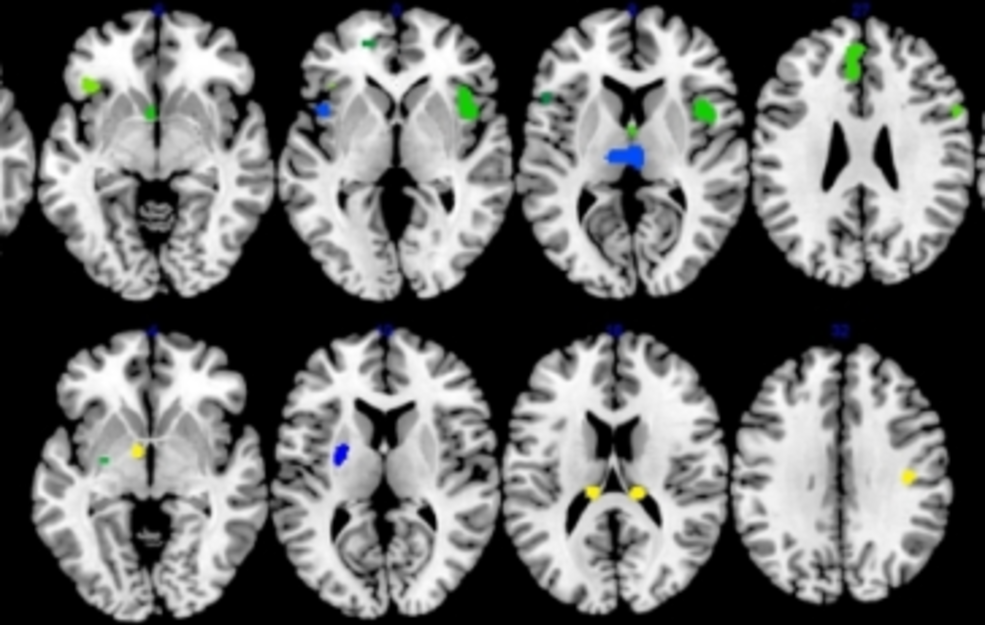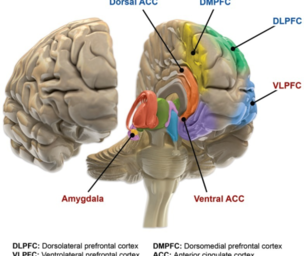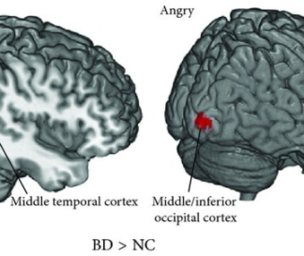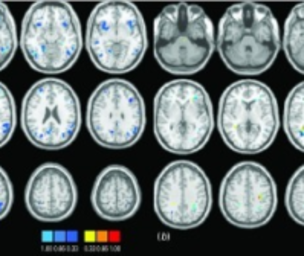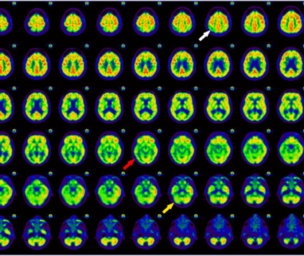What Is the Trazodone Drug Prescribed For?
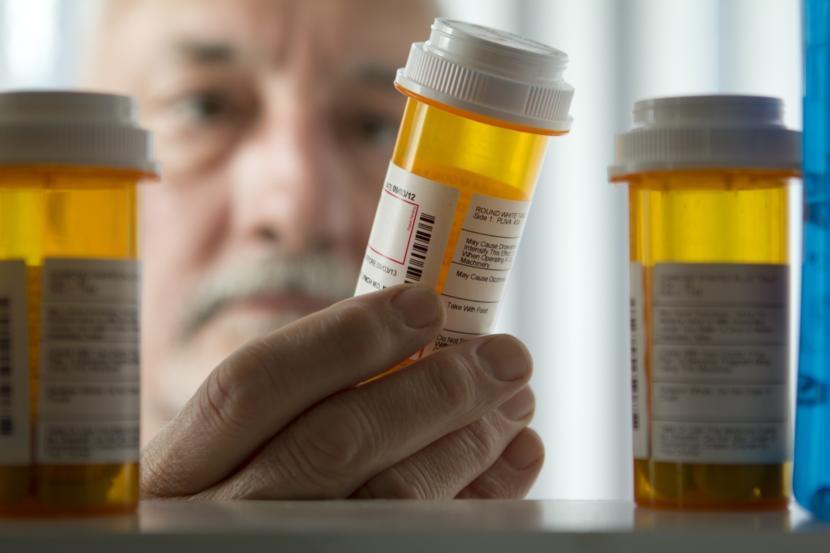
Depression is a medical condition affecting the mental health of an individual. Depression can cause various other secondary illnesses along with it. To treat depression, it is extremely important to timely diagnose the condition and treat it with the help of a medical expert who can guide you with the right treatment course. Treatment typically includes a mix of prescribed medication and therapy methods.
There are a number of natural remedies that one can try to treat symptoms of depression. However, in some cases, medical intervention becomes very critical. There are some medicines that help in managing depression as a disease. However, what is important is that these drugs should only be consumed after discussing with the doctor, as an abuse of these drugs could have critical implications.
One such drug recommended to treat depression is trazodone, which is an anti-depressant drug that helps in managing the symptoms of depression. Trazodone is strictly a prescription drug, and should only be consumed when recommended by a doctor.
What is trazodone?
Trazodone belongs to a class of medicines that are known as serotonin modulators, which help in managing depression by controlling the levels of serotonin which is a chemical neurotransmitter in the brain.
This drug was first approved in 1981 by the Food and Drug Administration and sold under the brand name Desyrel.
These days, trazodone is available in the form of a generic drug and is manufactured by a number of drug companies. This drug could also be found under the brand name Oleptro.
Apart from helping in the treatment of depression, doctors also find this medication helpful in treating other conditions like anxiety, schizophrenia or certain movement disorders. Any of these conditions could occur independently or as a side effect of another illness.
Trazodone helps to improve the energy levels, mood and the appetite of the person. At the same time, it works on balancing out the anxiety levels in the individual. Also helps treat insomnia related depression.
Trazodone for treating insomnia
Trazodone is often prescribed for conditions like insomnia or various other forms of sleep disorders. According to a study that was conducted in 2014, trazodone was found to be extremely effective in treating sleeping problems that occur in people suffering from Alzheimer's disease.
Trazodone as a drug helps in improving sleep at night, but has no impact on the thinking or functioning of the brain in an individual. Very few people suffer during daytime due to this drug.
Things to remember when consuming trazodone
Trazodone as a drug should only be consumed after it is prescribed from the treating doctor. The wrong usage of this drug could have some serious implications including the chances of becoming suicidal or more suicidal.
An increase or decrease in the dosage of trazodone at one’s own discretion could increase suicidal tendencies in a person. The risk of an increase in suicidal tendencies seems to be higher in people who are below 24 years of age.
In a number of cases, symptoms of depression could worsen to a certain extent before the condition starts improving with regular intake of trazodone.
Some people can have extreme reactions to this drug, which include symptoms like aggression, irritation, anxiety, panic, irrational behavior, and suicidal tendencies. Always be watchful of any negative reactions that you may be facing with the consumption of this drug and speak to your doctor in case any of these impact your day-to-day behavior.
Suddenly stopping the consumption of trazodone can cause withdrawal in some people which includes symptoms like anxiety, irritation, or sleeping problems. Children and teenagers should avoid consuming trazodone.
Some of the symptoms associated with this drug can be hard to manage. So, speak to your doctor in case you experience any of the below symptoms:
- Cardiac issues
- Hypertension or low blood pressure
- Any previous history of substance abuse
- Mental disorders
- Cancer
- Anemia
- Issues associated with the liver
- Issues associated with the kidneys
- Vomiting or nausea
- Diarrhea
In case you have any previous family history of suicides, you should inform your doctor about it before starting this drug.
Before consuming this drug, ensure to mention to the doctor if you have any of the below so that the doctor can make sure if this drug is safe for you,
- Any heart disease: Intake of trazodone can result in irregular heartbeat and a prolonged heart rhythm issue. The doctor would need to monitor you on a regular basis.
- Bipolar disorder or manic depression: People with manic depression having trazodone can have a higher chance of manic episodes. The doctor may opt for a different medication.
- Family history of glaucoma: Trazodone may make your pupils bigger and cause angle closure attack.
- Pregnant women: Since trazodone is a category C drug, research on animals have shown adverse effects on the fetus.
- Seniors: As you age, your body gives various warning signs, so intake of any drug should be weighed with its potential pros and cons. The kidneys of older adults do not work as well, which causes the body to process the drug slowly.
- Allergies: Severe allergic reactions can occur if a person is allergic to certain types of drugs. Symptoms can include rashes, pain in joints, unexplained fever, or swelling on the face, eyes, or mouth.
Apart from the above, discuss the following with your doctor before starting trazodone:
- Family history of drug abuse or suicidal thoughts
- Any recent instance of heart attack
- Liver disease
- Kidney disease
- Epilepsy
- Issue of bleeding
- Blood pressure problems
Apart from being allergic, if an individual is already being treated with methylene blue injection, then then the usage of trazodone should be avoided.
If you have taken an MOA inhibitor in the past 14 days, then do not use the drug trazodone. If taken, it could cause a dangerous drug interaction. Some examples of MOA inhibitors are rasagliline, tranylcypromine, isocarboxazid, and phenelzine. Once you stop taking trazodone, wait 14 days at least before starting the MOA inhibitor.
Risk of trazodone abuse
Some people use trazodone as a drug to seek a high. Sometimes this drug can result in hallucinations if consumed in high doses. The overdose and side effect risks can be very dangerous, particularly when trazodone is consumed as a recreational drug.
Trazodone should only be consumed as per the directions of your doctor. This drug should not be consumed by anyone who hasn't been prescribed it.
Regular checkups are a must to track the progress when using trazodone, since in the initial period the individual may have suicidal thoughts while consuming this drug. Close family members and friends should always be by the person’s side and monitor mood swings or changes in the person’s nature or behavior. Any unusual behavior or any symptoms which are getting worse should be immediately brought to the doctors notice before it becomes too late.
Since trazodone can cause blurry vision or dizziness, avoid driving or any activity which requires alertness and clear vision.
Trazodone can also cause a serious condition which affects the rhythm of the heart. This is known as QT prolongation. This can rarely cause serious conditions which would need medical attention right away. However, the risk may increase if you are already taking certain other medical drugs. A complete list of drugs which are being taken should be mentioned to the doctor.
Can trazodone have an impact on pregnancy?
Trazodone, when consumed during pregnancy, could cause complications in the fetus. When this drug was tested on animals, certain developmental abnormalities were found to occur in the fetus when exposed to this drug. There is little information on the effect this drug causes on breast-feeding babies.
In case you are a nursing mother or an expectant mother, you should speak with your doctor before starting this drug.
What are the side effects of trazodone?
Some of the commonly seen side effects of trazodone include:
- Headache
- Muscular pains
- Nausea or vomiting
- Irritable bowels leading to constipation or diarrhea
- Erectile dysfunction
- Lack of interest in sex
- Lack of balance
- Dizziness
- Dryness in the mouth or eyes
- Numbness in the limbs or a tingling sensation
- Confusion
- Blurring of vision
- Ringing in the ears
- Anxiety, panic or nervousness
- Rashes
- Severe sweating
- Unexplained weakness or fatigue
In some cases, serious side effects from this drug could occur. In case you are having any of the below-mentioned side effects, speak to your doctor immediately about stopping the consumption of this drug.
Some of the severe side effects include:
- Worsening of depression symptoms
- Suicidal tendencies
- Severe rashes or hives
- Swelling around the face, lips or tongue
- Pain in the chest
- Breathing problems
- Severe pain during an erection
- Panic attacks
- Irregularity in the heartbeats
- Actual fainting or feeling of fainting
- Sudden bleeding
- Seizures
Trazodone in some people could also cause auditory hallucinations; however, this factor needs further research.
You can chew on sugarless gums, suck on candy, or drink water if you feel dry mouth as a side effect. If you feel giddy and light-headed, then be very careful while standing from sitting or lying down. Get up very slowly from your position, and rest as thoroughly as you can.
Consult your doctor if you face severe side effects such as eye pain/swelling, pain in your left arm, or pain in the chest/jaw. The use of trazodone may increase serotonin and can cause a severe condition called serotonin syndrome. However, this condition is very rare. If you come across symptoms such as severe unexplained fever, loss of coordination, hallucinations, nausea, vomiting, increase in heartbeat etc. consult your doctor as soon as possible.
What is the recommended dosage of trazodone?
Trazodone as a medication is only meant for oral consumption and is available as a regular release or extended-release tablet. In case you have been prescribed half of the tablet, then follow the center line to break the tablet into two halves. The tablet should only be swallowed whole, so avoid chewing this medicine. This medicine should be stored at room temperature away from light, heat and moisture.
Ideally, to start with, your doctor may put you on a low dose of this drug and slowly increase your dosage every three to four days. It could take anywhere from a week or two to notice the effect of trazodone, and the dosage may vary from 150 to 375 mg. Ideally, you should consume this drug twice a day with some food intake.
In case you have been prescribed an extended-release tablet, you will be required to consume it once a day before sleeping after your meal or snack.
It may take up to two weeks before the individual’s symptoms start improving. However, if you still feel that the symptoms aren’t improving, talk to your doctor.
This medicine should be taken at the same time every day and exactly as prescribed. Your condition will not improve any faster if you increase the dosage. It will instead increase the risk of severe side effects.
In case you miss a dose of trazodone, take the dose as soon as you remember. However, avoid taking it twice in case you are due for your next dose. Trazodone is a drug that should only be consumed as per the directions of the treating doctor.
You should not stop this medicine all of a sudden on your own, because it can lead to withdrawal symptoms that can be difficult to deal with. Your doctor will likely instruct you to take smaller amounts until you can go off of it completely.
Trazodone should not be given to anyone below the age of 18 years without your doctor's advice. Trazodone should never be administered to small children.
Drug interaction
Any drug interactions change how your medications work, and can also result in serious side effects. Without your doctor’s approval, do not start, stop, or change any drug dosage.
There are certain other medications which may affect how trazodone works in your body. It may not allow the drug to work its normal course. Some examples are rifamycins such as rifampin, drugs used to treat seizures such as phenytoin, and antifungals such as ketoconazole, among others.
Central nervous system depressants: Intake of trazodone along with these depressants may make your response to other CNS depressants stronger.
NSAIDs: Use of trazodone along with non-steroidal anti-inflammatory drugs such as aspirin can increase the risk of bleeding.
Serotonin syndrome: This is a life-threatening condition. Taking depression drugs such as lithium, tramadol, buspirone, fluoxetine, tryptophan, sertraline and duloxetine along with trazodone increases the risk of serotonin syndrome.
Digoxin: Consuming trazodone along with digoxin increases the levels of digoxin in your body. This results in serious side effects. These effects include dizziness, nausea, vomiting, and irregular heartbeat. Mention to your doctor so they can monitor the level of digoxin in your body.
Phenytoin: The levels of phenytoin increase in your body with the intake of trazodone and digoxin. Side effects would include mood swings, confusion, constipation, and coordination problems. Also in this case the doctor would need to monitor the levels of phenytoin in your body.
Ketoconazole: If you take trazodone along with ketoconazole, ritonavir or other drugs, the levels of trazodone in your body increase, which leads to various side effects. Symptoms such as constipation, vision issues and serotonin syndrome may occur.













